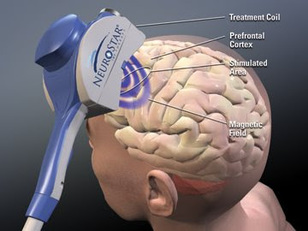Depression affects approximately 14.8 million American adults each year, being more prevalent in women than in men. Depression can be caused by a combination of genetic, biological, environmental, and psychological factors. There are a number of risk factors for depression such as family history, major life changes, trauma, or certain physical illnesses and medications. There are a number of treatments for depression.
Here at Princeton Medical Institute we offer the NeuroStar TMS (Transcranial Magnetic Stimulation) therapy. This treatment uses precise target magnetic pulses in key areas within the brain that are associated with depression, while the patient is awake and alert. The experience of watching TMS take place is different than other treatments because there is the ability to see the patient progress each day for 6 weeks. While we might not be able to see the treatment working immediately, knowing that this treatment can help people living with depression is a wonderful experience to be a part of.
Here at Princeton Medical Institute we offer the NeuroStar TMS (Transcranial Magnetic Stimulation) therapy. This treatment uses precise target magnetic pulses in key areas within the brain that are associated with depression, while the patient is awake and alert. The experience of watching TMS take place is different than other treatments because there is the ability to see the patient progress each day for 6 weeks. While we might not be able to see the treatment working immediately, knowing that this treatment can help people living with depression is a wonderful experience to be a part of.


